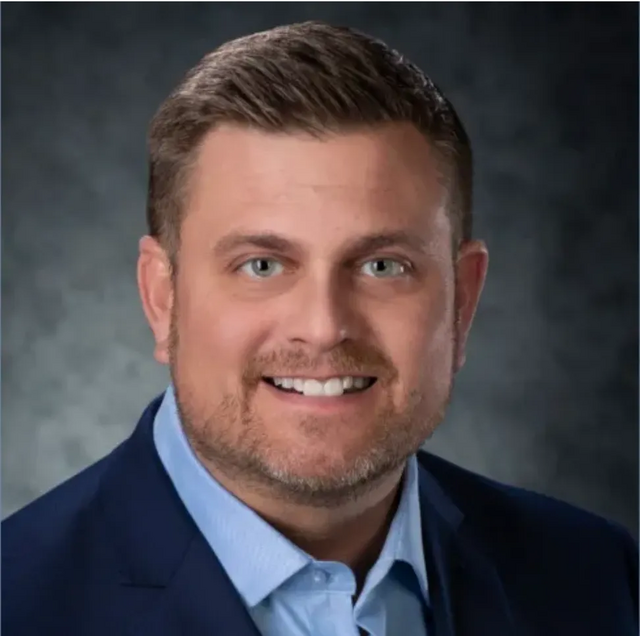The assassination of UnitedHealthcare CEO Brian Thompson outside a Midtown Manhattan hotel on Wednesday morning has triggered not just an intensive police investigation but also an outpouring of vitriol on social media aimed at the health insurance industry. The killing, which authorities have called a "premeditated, targeted attack," took place as Thompson arrived for an investor conference. While police hunt for the suspect, many online commentators have seized the moment to criticize the company's controversial practices.
Thompson, who became CEO of the health insurance giant in 2021, was shot and killed by a masked gunman who fled the scene. The New York Police Department has described the suspect as a white male wearing a cream-colored jacket and carrying a gray backpack. Surveillance images have been released, and a $10,000 reward is being offered for information leading to an arrest.
While Thompson's death has drawn condolences from public figures, including Senator Amy Klobuchar and Minnesota Governor Tim Walz, the reaction on social media has been far from sympathetic. Many users have directed their ire at UnitedHealthcare, citing the company's reputation for denying coverage and profiting from the U.S. healthcare system.
Tobita Chow, a political activist, highlighted the online backlash, noting on X (formerly Twitter), "Political and industry leaders might want to read the comments and think hard about them." Screenshots of TikTok comments showed users lampooning the company's practices with gallows humor. "Sending prior authorization, denied claims, collections & prayers to his family," wrote one user.
UnitedHealthcare has faced heavy criticism for its business practices, including allegations of using flawed AI algorithms to deny care for Medicare Advantage patients. A class-action lawsuit filed on behalf of deceased patients claims the company continued using the error-prone system, despite knowing it frequently denied coverage for necessary care. The system's alleged 90% error rate became a focal point for critics, further fueling outrage over Thompson's death.
Ken Klippenstein of The Intercept joined the online conversation, posting a chart showing UnitedHealthcare's denial of 32% of in-network claims for individual health plans - twice the industry average. "Today we remember the legacy of UnitedHealthcare CEO Brian Thompson," he wrote sarcastically.
Thompson's killing also exposed bipartisan dissatisfaction with the healthcare system. Right-wing podcaster Tim Pool noted that the rare unity in responses to the assassination reflected Americans' shared frustration with for-profit health insurance. "It's actually kind of touching that the one thing that can bring together our fractious and disunited country is celebrating the assassination of a health insurance CEO," quipped University of Virginia historian David Austin Walsh.
The backlash, however, was not universal. Rep. Dean Phillips of Minnesota condemned the online reaction, accusing critics of hypocrisy. "Seems like leftists opposed to killing terrorists in the Middle East support killing CEOs in Midtown Manhattan," Phillips wrote on X.
Meanwhile, some users pointed out the stark disparity between empathy expressed for Thompson and the lack of similar sentiments for global crises, such as the humanitarian situation in Gaza. "Democrats have shown infinitely more empathy for Brian Thompson than they ever have for any Palestinians," wrote one X user.
Thompson's wife, Paulette, revealed that her husband had received threats related to "a customer's lack of coverage," suggesting a possible motive for the killing. The revelation added a chilling layer to the narrative, as critics accused the health insurance industry of valuing profits over patient care.
Adding to the controversy surrounding UnitedHealthcare, Thompson was named in a securities fraud lawsuit filed earlier this year. The lawsuit alleges he and other executives sold $120 million in company stock after learning of a Department of Justice antitrust investigation but before it became public knowledge.
Despite the grim circumstances of Thompson's death, the online conversation underscores broader dissatisfaction with the U.S. healthcare system. "The greed of CEOs and healthcare profiteers has worked its way into our collective consciousness," wrote one user. Northwestern University professor Dr. Steven Thrasher noted, "Health insurance lets ghouls decide whether you live or die based upon how much your life or death will affect shareholder value."




